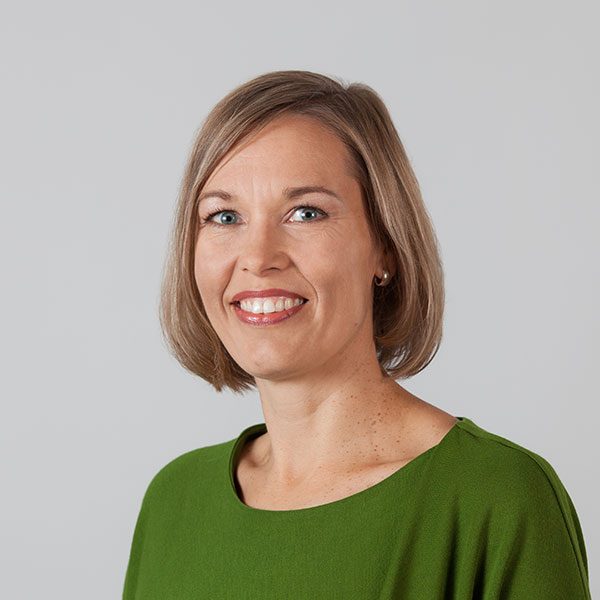
FinEst Mini-Pilots is one of the three piloting programmes of the FinEst Twins project. The aim of the programme is to catalyse innovations, especially those based on academic research, to create successful commercial and international products. During the summer and autumn of 2022 four interesting pilots will be launched in Helsinki in cooperation with Helsinki’s Home Care Services and Laakso Hospital, among others.
The FinEst Twins project, launched in 2019, aims to deepen cooperation between the cities of Helsinki and Tallinn and find synergies in different thematic areas of urban development. The Mini-Pilots programme supports this objective by identifying, in cooperation with the cities, concrete areas for co-creation based on academic research.
In May 2021, Forum Virium Helsinki launched the first Mini-Pilots call, which received 11 approved applications. The applications were evaluated by a panel of experts, who scored them on factors such as the degree of innovation, economic viability and scalability of the solutions offered. As a result of the evaluation, five solutions were selected for the Mini-Pilots programme. Three of these have now progressed to the pilot phase, along with one uncompensated pilot.
Four innovative solutions to be tested
Progressing to the pilot phase required the selected teams to set up a company, prepare a detailed pilot plan and commit to working in close cooperation with a partner organisation. The original plan was to start the pilots already in early 2022, but due to factors such as the coronavirus pandemic and difficulties in the supply of raw materials and parts, the pilots could only start in the spring. On the other hand, the delayed start allowed for good preparation, especially on the part of the partners, and enabled the prototypes to be developed beyond the original plans.
Helsinki’s Home Care Services will test a sensor system based on radio wave technology that detects falls and automatically calls for help. The homes of the home care clients involved in the trial will be equipped with room sensors to monitor the clients’ activity completely anonymously. The system can be programmed to identify which room the client is in and whether they are lying in bed, sitting on the sofa or collapsed on the kitchen floor. The aim of the trial is to verify the functionality of the new technology, increase the wellbeing of home care clients and increase the City of Helsinki’s technological knowledge of safety devices suitable for home care.
Kustaankartano Service Centre will test a sound wave mattress that may prove to improve the quality of life of people with memory problems and is believed to have a positive impact on functional ability. This physioacoustic technology has already been tested elsewhere in Europe, North America and Japan, mainly on patients with Parkinson’s or Alzheimer’s disease, but its use in the treatment of people with memory disorders has yet to be validated. During the test, the user rests on the mattress for approximately 30 minutes while listening to the radio, for example. The aim of the trial is to gather feedback from both residents and care staff on the use of the mattress and use this feedback to develop a commercial product for both domestic and institutional use.
An eAvatar robot is trialled in co-operation with Laakso Hospital from autumn of 2022 to spring 2023. An artificial skin that uses sensor technology to detect and mediate tactile sensations provides a sense of touch to the nurse controlling the robot, and vice versa. The nurse controls the robot remotely via a wearable smart suit and VR glasses. The eAvatar care robot allows for much more humane care, presence and communication in situations where the patient is isolated due to a compromised immune system, for example. The patient may also have a highly contagious virus, making it a time-consuming and difficult process for nurses to protect themselves.
The link between the quality of the air we breathe and respiratory symptoms inspired the development of a smartphone app to assess lung function without the need for any additional equipment. This app will be tested among volunteer families with respiratory problems in the Helsinki region starting from early summer. The app aims to facilitate the documentation of respiratory symptoms at an individual level. The pilot will also launch a survey to link the manifestations of respiratory symptoms to identifiable external conditions, such as the amount of street dust and pollen or indoor air quality.
The pilots will continue until the autumn – and one even until the spring 2023 – after which the aim is to commercialise the products tested. Before the commercialisation phase, the teams will be offered start-up support and sparring in areas such as product development. The next round of FinEst Mini-Pilots will start in autumn 2022.
Read more on the FinEst Twins here
Additional information

Anne-Mari Sandell
Project Manager, Communications Specialist
+358 40 903 1922
anne-mari.sandell@forumvirium.fi

Matti Hämäläinen
Project Manager
+358 40 626 7995
matti.hamalainen@forumvirium.fi


